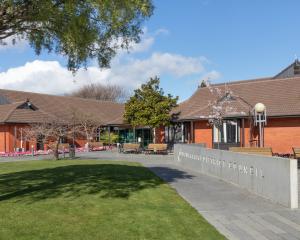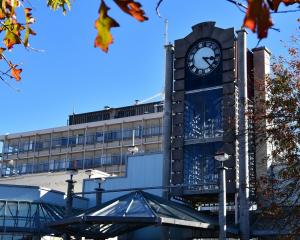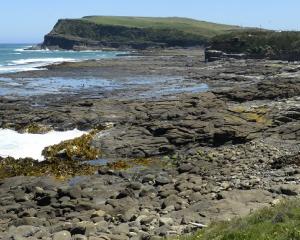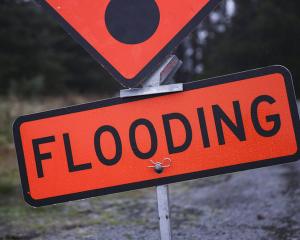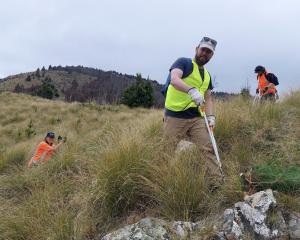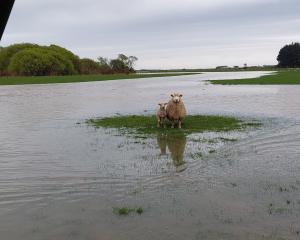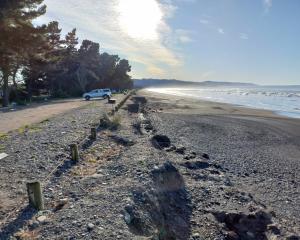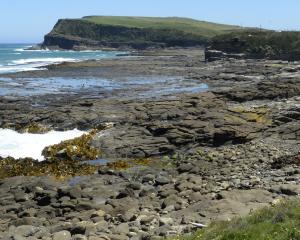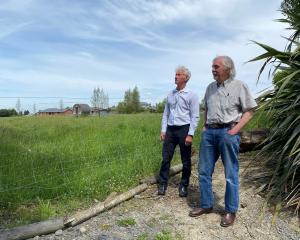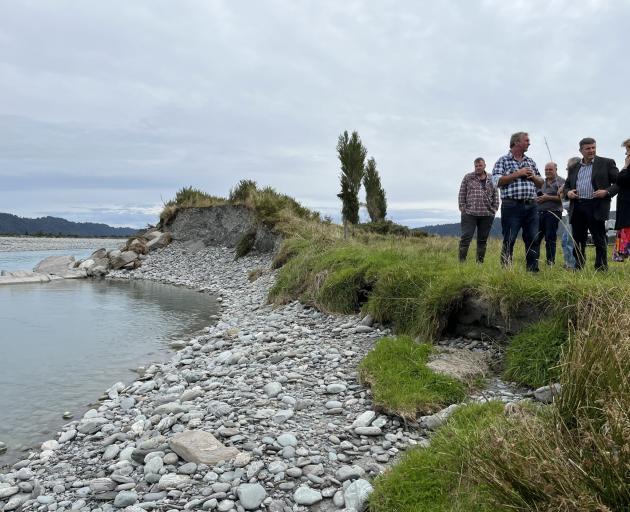
The West Cast Regional Council has been warned by its auditor that flood-protection investment will need to increase under its proposed 2024-34 Long Term Plan because of the impact of climate risk predictions.
In reviewing council's 2024-34 LTP, the auditor flagged concerns about the level of investment proposed in flood-protection assets administered by council.
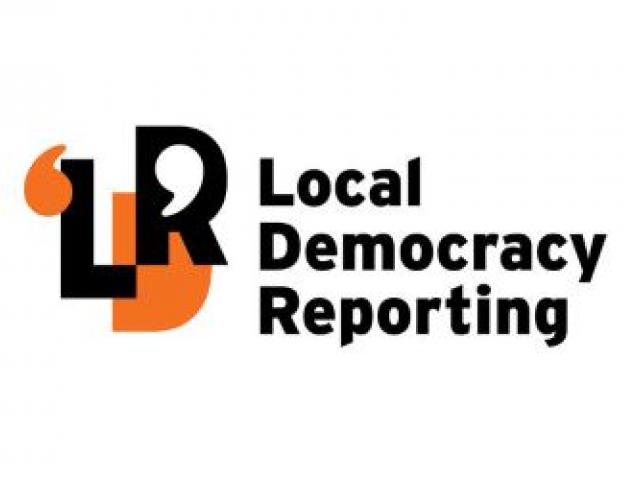
Council Chief executive Darryl Lew said he took that to mean the "increased magnitude of flooding and aggradation" in river catchments, particularly in South Westland, and because of that special flood rating districts "should expect significant cost increases".
Lew asked if it would be acceptable for rating districts to decide if they did not want to spend any more on assets, or to limit how much they rated themselves.
Mr Summerfield said that would be a matter of consultation with the relevant rating districts but any decisions would need to be based on relevant modelling.
However, Cr Allan Birchfield expressed scepticism at the climate risk argument.
"Climate change: it's still debatable.
"A lot of people do not agree with this 'increased flooding'; give them the choice if they don't believe it."
Cr Birchfield said he was personally sceptical and suggested it was "a political issue rather than an environmental issue".
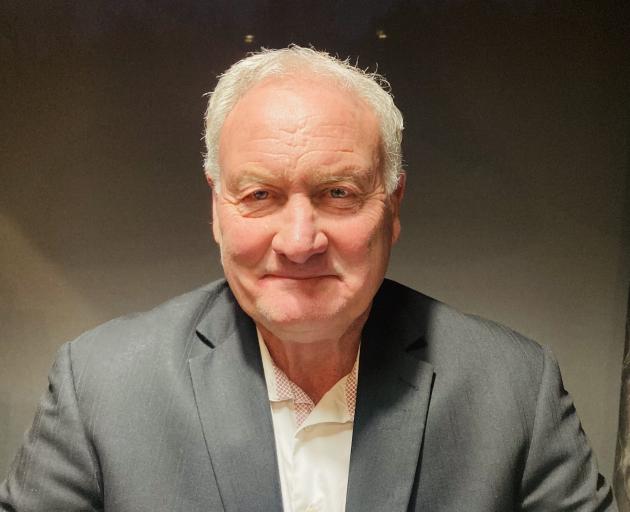
Scientific advice to council in the past year has also cited the Interdecadal Pacific Oscillation (IPO) as a factor in climate variability on the West Coast which is currently into the long IPO period, characterised by more frequent and violent storms.
Cr Peter Ewen said the "increased flooding events" scenario was more nuanced, but the bottom line was what ratepayers could afford.
He suggested the issue was more increased gravel build-up in river beds impacting the effectiveness of flood protection banks.
"We have had these discussions with rating districts. It's been not so much about getting the level of risk down but what they have in their pocket," Cr Ewen said.
Cr Brett Cummings said all rating district meetings in the past year had been asked "to up the money".
Some had agreed, others not.
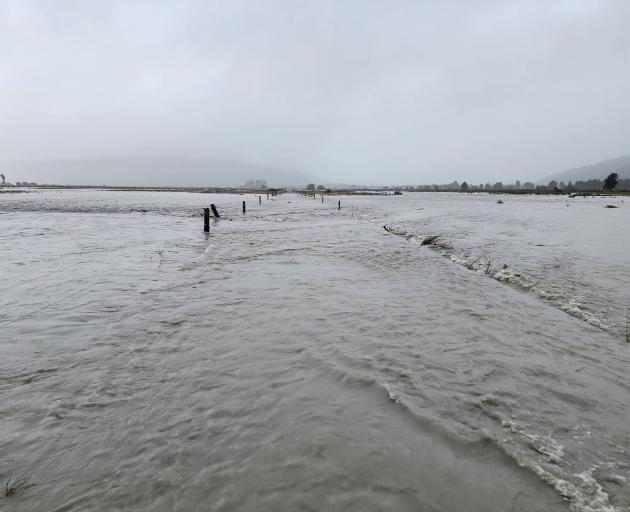
"The big thing is keeping our maintenance up."
Cr Campbell said the cost of maintaining river protection was the issue now.
"The price of rock has increased 50%."
Acting corporate services manager Aaron Prendergast said the matter needed a strategic approach to the rating districts.
"There is definitely the right kind of conversation to have with them."
Mr Prendergast said the auditor was reflecting on a date driven approach around climate risk, "not a flat line".

A "business as usual" approach to spending on flood protection assets risked a decrease in the level of service, he said.
Cr Ewen said rating districts discussions about increased spending might mean some would contemplate disbanding.
"That's not where we want to be."
Mr Summerfield said there were "difficult conversations to have" but rating district financing could not continue based on incremental spending increases.
"Inflation-based increases by default lead to a decrease in service."
By Brendon McMahon

